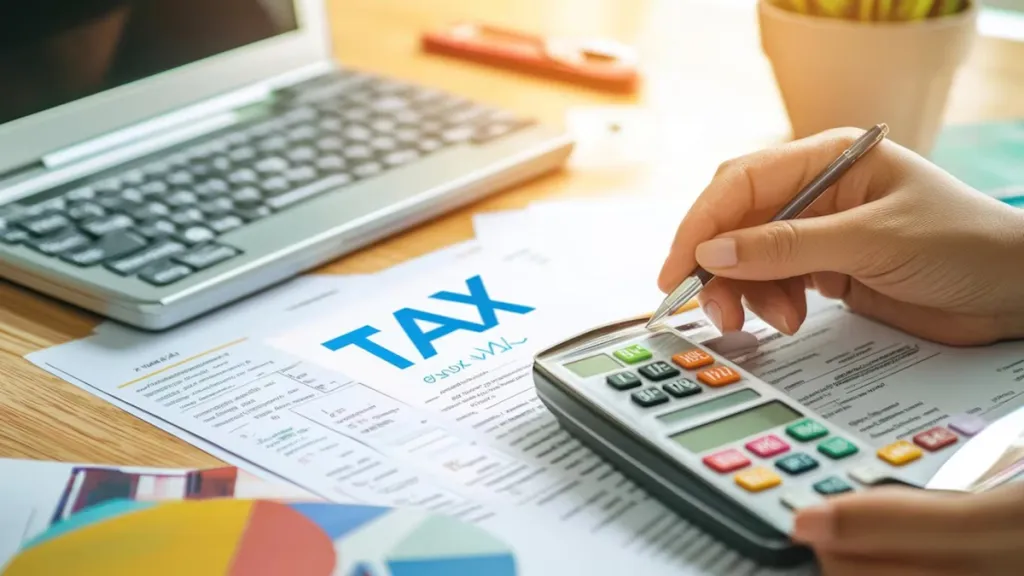The government gave a big relief to the taxpayers in the Budget 2025-26 by announcing that income up to Rs 12 lakh annually (and Rs 12.75 lakh with standard deduction of Rs 75,000) will be completely tax-free in the new tax regime. Many people heaved a sigh of relief on hearing this announcement, but there is a big catch hidden behind this word ‘tax-free’ – and this catch can shock you.
Actually, this exemption does not apply to all types of income. Especially, if your income includes capital gain, then the matter changes.
What is Section 87A and why is it important?
Under Section 87A, the entire tax is waived if the taxable income is up to a certain limit.
In the old tax regime: Those with taxable income of Rs 5 lakh or less get a tax rebate of up to Rs 12,500.
New tax regime (from FY 2025-26): Those with taxable income of Rs 12.75 lakh or less can get a tax rebate of up to Rs 60,000, bringing their tax down to zero.
The 87A exemption limit in the new tax regime has been steadily increased over the years — first it was Rs 5 lakh, then Rs 7 lakh, and in Budget 2025, it was raised to Rs 12 lakh (Rs 12.75 lakh with standard deduction).
But the game of capital gains is different
In Budget 2025, Finance Minister Nirmala Sitharaman made it clear that the exemption of Section 87A will not apply to ‘special income’ like short term capital gain (STCG). That is, if your annual salary is less than Rs 12 lakh, but it includes STCG from shares, mutual funds or other assets, then that capital gain will not be tax-free.
For example:
Suppose your salary is Rs 11.5 lakh and STCG is Rs 1 lakh.
Your total income will become Rs 12.5 lakh.
Exemption of 87A can be applicable on the salary part, but 15% tax will have to be paid on STCG of Rs 1 lakh.
That is, the total income of Rs 12 lakh is ‘tax-free’ only if it does not have a special income part like capital gain.
Here’s what experts have to say –
According to CA (Dr.) Suresh Surana, “The Finance Act, 2025 has expressly clarified that the rebate under Section 87A shall not be available in respect of income that is subject to tax at special rates.”
Accordingly, where a taxpayer’s total income includes income taxed at such special rates for instance, short-term capital gains (STCG) under Section 111A or long term capital gains (LTCG) u/s 112A, the Section 87A rebate cannot be applied against the tax liability arising on such income, he added.
This, Surana said, addresses the issue raised by many chartered accountants, affirming that the benefit of the rebate is restricted to income taxable at normal slab rates under the applicable regime.
Drafting error also happened on standard deduction
In Budget 2025, the government had increased the standard deduction from Rs 50,000 to Rs 75,000 in the new tax regime, due to which those with salary income up to Rs 12.75 lakh will not be taxed.
But, due to a drafting mistake in clause (iii) of section 115BAC(1A) of the Income Tax Act, 1961, this increase remained Rs 50,000 on paper.
This mistake was corrected by amendment in August 2025 and now the standard deduction of Rs 75,000 has come into effect. Finance Minister Nirmala Sitharaman said in the Lok Sabha on 13 August 2025 —
“Clarity is being given regarding the implementation of standard deduction of Rs 75,000 for salaried taxpayers in the new income tax regime.”
Summary
Income up to Rs 12.75 lakh (salary + Rs 75,000 standard deduction) is tax-free in the new tax regime.
Special incomes like capital gains will not be eligible for 87A exemption, meaning that portion will be taxable.
In the old tax regime, the 87A exemption was only up to Rs 12,500 for those with taxable income up to Rs 5 lakh.
In the new tax regime, the 87A exemption limit has increased sharply over the years, but the conditions have also been clarified.

